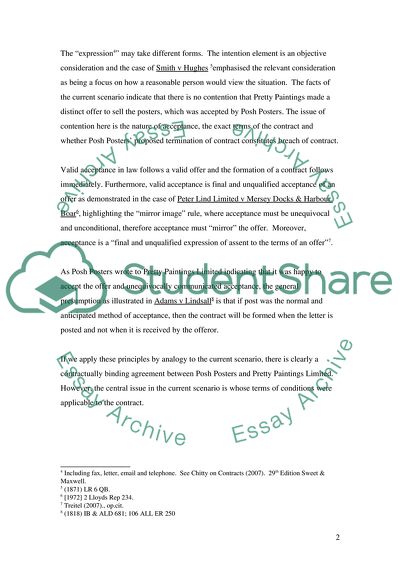Cite this document
(Law of Contract Assignment Example | Topics and Well Written Essays - 2500 words, n.d.)
Law of Contract Assignment Example | Topics and Well Written Essays - 2500 words. https://studentshare.org/law/1718863-contract-law-coursework
Law of Contract Assignment Example | Topics and Well Written Essays - 2500 words. https://studentshare.org/law/1718863-contract-law-coursework
(Law of Contract Assignment Example | Topics and Well Written Essays - 2500 Words)
Law of Contract Assignment Example | Topics and Well Written Essays - 2500 Words. https://studentshare.org/law/1718863-contract-law-coursework.
Law of Contract Assignment Example | Topics and Well Written Essays - 2500 Words. https://studentshare.org/law/1718863-contract-law-coursework.
“Law of Contract Assignment Example | Topics and Well Written Essays - 2500 Words”. https://studentshare.org/law/1718863-contract-law-coursework.


